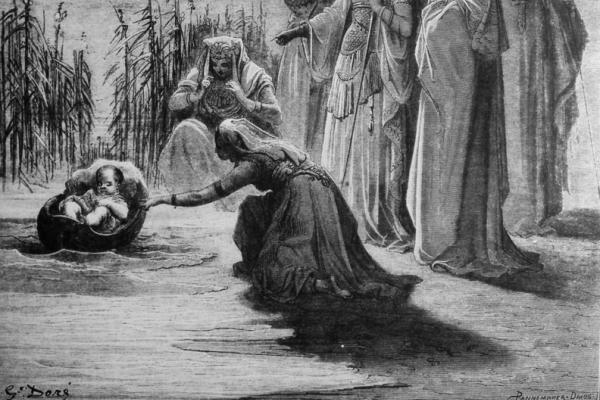Jun 25, 2018
What is the fear that drives the leaders of the United States to tear children from their parents and put them in places of horror and despair? For both Pharaoh and Herod, the destruction of children had nothing to do with “safety” and everything to do with insecurity, a pathological hatred of the other, and a fanatical desire to hold on to power at all costs. It is hard to see any other motives for rulers who target children today.
Read the Full Article

Already a subscriber? Login
